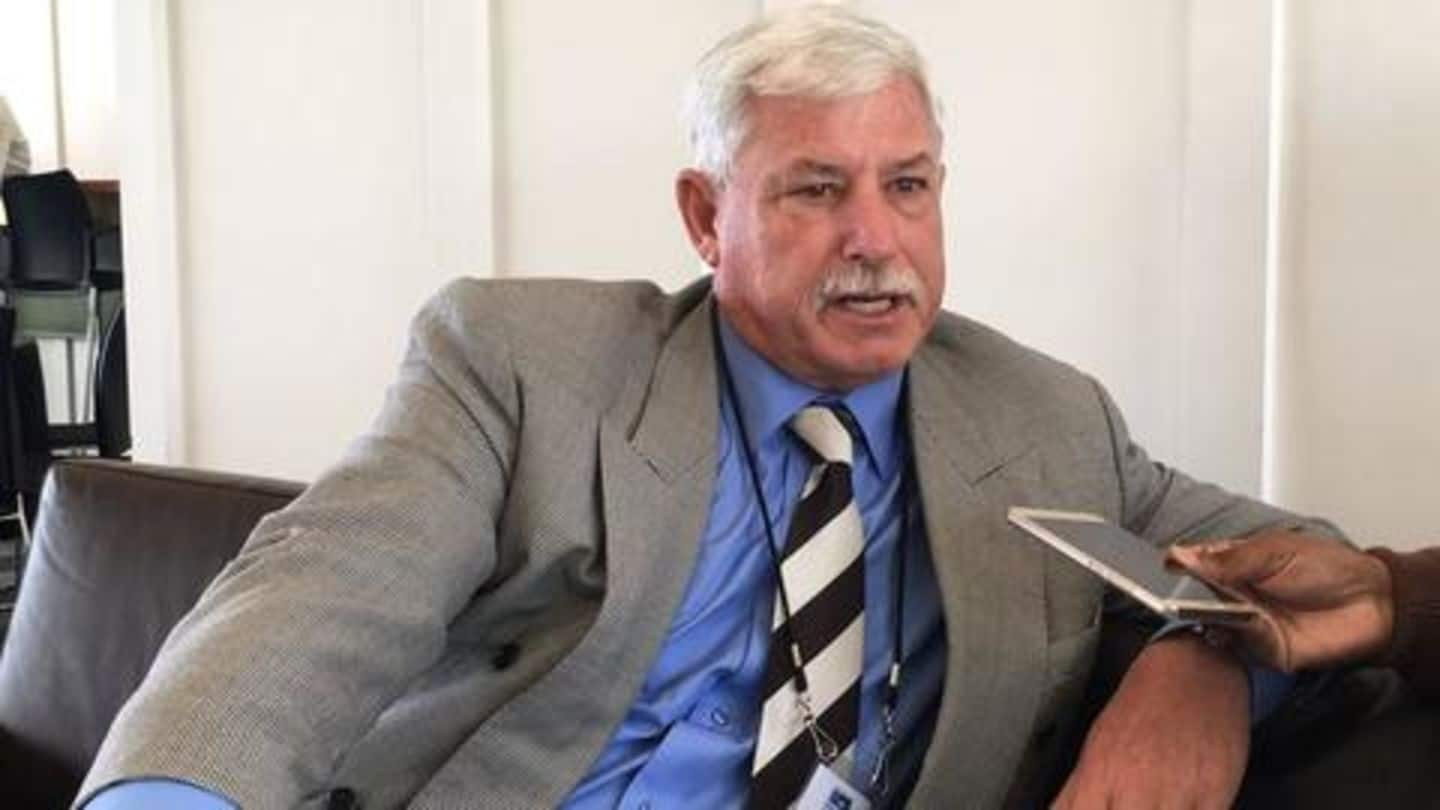
T20 can't survive without Test cricket: Sir Richard Hadlee
What's the story
Former New Zealand pacer Richard Hadlee commented that limited-overs cricket will not survive if the foundation of the sport, Test cricket, is not preserved.
Hadlee said that all three formats can co-exist if the equilibrium is maintained.
He also went on to add that T20 cricket has certainly produced skilful players even though they might not be great cricketers.
Here is what he said.
Quote
All three formats can co-exist: Hadlee
"Test cricket must be preserved. It's the foundation of the game. With emergence of T20 which is a revolution in the game, all three formats need to live together. They can co-exist but I hate to see that T20 cricket dominates world cricket," Hadlee said.
Variations
T20 cricket has brought new variations according to Hadlee
Hadlee, who is New Zealand's highest wicket-taker in Test cricket till date, believes bowlers during his generation only had a couple of variations.
"The bowlers today have at least five variations. They bowl different deliveries like knuckle-ball, back of the hand slower one," Hadlee said.
"Back in my time, I only had two variations, inswinger and outswinger. That's all I needed," he added.
Information
Hadlee dominated Test cricket in the 80s
Hadlee's golden era in bowling emanated from January 1978 and ended in December 1988. During this period, he scalped 330 wickets in 60 Tests at an average of 19.57. Between 1983 and 1990, he picked 262 wickets at 19.64 and scored 1,883 runs at 33.03.
T20 cricket
Bowlers tend to play more T20 cricket after 34
Hadlee feels playing in T20 leagues around the year forces the players to retire before they actually should.
He stated that most bowlers prefer playing the shorter version after 34 as they get more prone to injuries.
Also, the cash rich leagues lure the players with ground breaking deals.
All these leagues shift away the focus from Test cricket.
Quote
Players retire prematurely to pursue money: Hadlee
"People will retire prematurely to pursue where the money is. That's not a criticism at all but a sign of times and way the game has gone. I was 39 when I retired and it was Test cricket. That's it," Hadlee said.